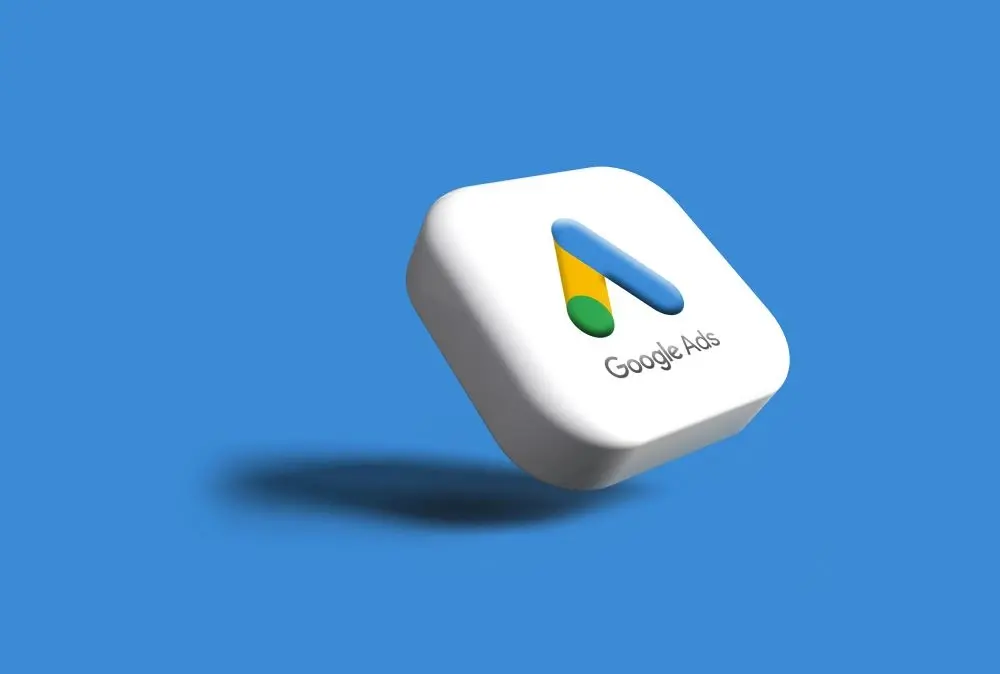Advertising is one of the most powerful ways to get your eCommerce products in front of the right audience. Though you’ll need to pay with cash upfront, the return on investment (ROI) can be significant. When partnered with organic marketing methods, such as SEO, you’ll have a well-designed strategy with which you can find your ideal customers.
When looking for places to advertise, Google and Facebook are two of the most popular options. With over three billion monthly active users, Facebook is still the biggest social media platform on the globe. Meanwhile, Google attracts billions of daily searches. However, getting results requires knowing which platform is better for different types of campaigns.
Some eCommerce store owners will find Facebook more useful, while others will get a lot more value from Google instead. To help you make the right choice, we’ll comprehensively break down the differences (and similarities) between Google Ads and Facebook Ads in this guide. By the end, you should have a better understanding of which one will work best for you.
What Are Google Ads?
Google Ads are advertisements that appear in search results. Most of the time, you’ll see these ads appear above the top organic result – apart from the featured snippet. You’ll see Google Ads marked as sponsored, and most of the time, you will notice around three paid results on the first page.
Ads created with Google are typically text-heavy; you won’t find pictures used in them for the most part. As a result, you’ll need to get creative with your eCommerce marketing campaigns. You’ll find Google Ads in many countries; whether you see results in English will largely depend on where you’re based.

The costs of advertising with Google Ads will vary depending on several key factors. However, the most important element by far will be the types of results you target. Highly competitive search terms will naturally require advertisers to pay more.
When using this form of advertising, you’ll get a Quality Score. With this feature, you can see how your ads compare to those of your competitors. With this information, you can then make the changes you feel are necessary.
Are Google Ads and YouTube Ads the Same?
No – while Google and YouTube are owned by the same company, advertising on both platforms is different. YouTube ads are largely video-based and appear in content that users watch on the platform.
You can advertise in the sidebar on YouTube, but these include text and visuals – meaning they’re different from Google Ads. However, knowing the principles of advertising on one of these platforms can help you with improving results on the other.
What Are Facebook Ads?
Facebook Ads are any advertisements that appear on Facebook. These do NOT include advertising on Instagram or any other Meta-owned platform, such as WhatsApp. On Facebook, you can advertise in multiple spaces – such as via your Facebook Stories or in a user’s news feed.

Advertising on Facebook can involve a mixture of visual and written content. What you use (and how much of it you use) will largely depend on the place in which you place your ads. Besides writing ads from scratch, you can also boost organic content that you’ve already posted to reach a bigger audience.
Besides using Facebook for ads, it’s one of the many ways you can increase your web traffic organically through social media.
Regardless of Your Choice, a Good Website Is Still Important…
When building an eCommerce brand, your advertising is just one part of the jigsaw. It’s the thing that seems cool and exciting, but what goes on behind the scenes is equally important. If you don’t have a functional website and good product descriptions, you’ll waste a lot of money on ads and lose customers.
To build a good website, you need to unite two key areas:
Your design and on-site performance
Your hosting and what goes on in the backend
For design, you need something that fits your brand – which includes choosing the right colors. Besides writing quality product descriptions and using intriguing visuals, you should also focus on making your website accessible and easy to navigate. Use contrasting colors and logical menus for this.

Hosting is incredibly important for speed and security. Choosing the right hosting provider can help improve your reputation through important security features such as malware scanning and free SSL encryption. Moreover, you may indirectly boost search visibility through having a faster website.
When picking a hosting provider, you should look for high-quality customer support, unlimited bandwidth, and free daily backups. Verpex’s cloud hosting offers all of these, plus a 45-day money-back guarantee and free migrations, starting at just $2.99 per month.
Which Form of Advertising Is Better?
Now that you know the basics of Google and Facebook advertising, you’re ready to learn about how the two platforms compare with each other. Once you’ve built your website, consider each of these factors before you start advertising.
1. Audience-Targeting
Knowing how to target your audience is the most important element of effective advertising. Understanding the psychology behind why we click on ads can be one aspect, but learning how to leverage the tools in your advertising platform’s backend is equally essential.
Facebook and Google both offer several useful tools to help you reach your target audience. For example, you can segment based on demographic data like physical location. With Google, you can target specific keywords and ensure that you reach the people you’re aiming to.
Both are equally as useful for targeting your audience and for this reason, they both get a point.
Winner: Tie
2. Cost-Effectiveness
Advertising on Facebook and Google will cost you money, but the amount that you’ll pay varies significantly. Each of the following will determine the amount that you pay:
Keywords you’re targeting
Countries you’re advertising in (tier 1 countries like the US are typically more expensive)
Where your ads will appear
If you’re targeting users in tier 1 countries within more lucrative niches, your costs will be higher. On the other hand, you may spend less on ads if you’re advertising elsewhere. Since the costs of advertising on both platforms is very nuanced, it’s another tie in this category.
Winner: Tie
3. Versatility
While Facebook and Google Ads are similar in audience-targeting and cost-effectiveness, they differ significantly in terms of how versatile they are. Google Ads are quite limited; you’ll need to rely heavily on copy, which can be difficult if you’re an eCommerce brand.

Facebook, on the other hand, gives you a huge amount of versatility. You can advertise in multiple spaces on the platform, using numerous types of media – such as photos, videos, and text. If you’re trying to be more creative, Facebook Ads is a better alternative than Google Ads.
Winner: Facebook
4. Time to Get Results
While you shouldn’t rely on short-term results, building success in a quicker timescale can give you the momentum you need to continue growing your eCommerce business. With this in mind, it’s worth thinking about how Google Ads and Facebook Ads in terms of the time it takes to get results.
Generally speaking, Google Ads will take a bit of time to garner success. You need to first appear, and then, you’ll need to wait for people to find your ads. Once that happens, a certain number of those individuals will be interested in what you do. Still, though, Google Ads yield quicker results than organic SEO.
On the other hand, Facebook is more instantaneous. You can start to see results within a few days, which means that you can quickly generate sales and start to profit on the amount you invested.
Winner: Facebook
*Are There Specific Industries Where One Is Better Than the Other?
Facebook Ads and Google Ads work differently depending on what you sell. If you’re a fashion brand, you may find that Facebook is the best option. Using this platform, you can highlight how your products work and what they look like when people wear your items. Moreover, you can use multiple media formats.
Google, on the other hand, might be a better option if you want to highlight what you do in words. You will need to have compelling copy, but from here, you can then appeal to your audience further through the use of visuals.

When picking Google or Facebook Ads, it’s worth keeping note of your audience and where they hang out. If users typically find your stuff via search engines, you may want to focus your efforts there.
Summary
Google Ads and Facebook Ads both have their own pros and cons, and the one you choose will depend on multiple factors. Understanding your audience is essential, and you should also think about versatility. Time to results can be important, but you should focus on the long game in either way. Experiment with both platforms, and split-test your ads, to achieve better results.
Frequently Asked Questions
Can I use Google and Facebook together for advertising?
Yes – it’s very possible to use Google and Facebook Ads together. You can use Google to generate sales and direct users to landing pages, while Facebook can be a powerful brand awareness tool.
What are some effective eCommerce marketing strategies?
Focus on your product's benefits and how they will help your target audience. To do this, you need to understand your customers’ needs.
How can I speed up the results of my ads?
You can speed up the results of your ads by creating compelling content. Unfortunately, there isn’t too much you can do about the ramp-up period.
Can I promote anything via ads?
You can promote many products for your eCommerce store, but some items – such as those promoting something explicit – may be restricted.

Danny is a seasoned freelance copywriter with 10+ years of managing his own websites in WordPress and other content management systems. He's an expert in eCommerce and sells his own photography prints, in addition to knowing about hosting domains having used several providers. Danny's strong writing expertise is evident in his bylines across several major tech publications, including Lifewire, MUO, and Make Tech Easier.
View all posts by Danny Maiorca




















